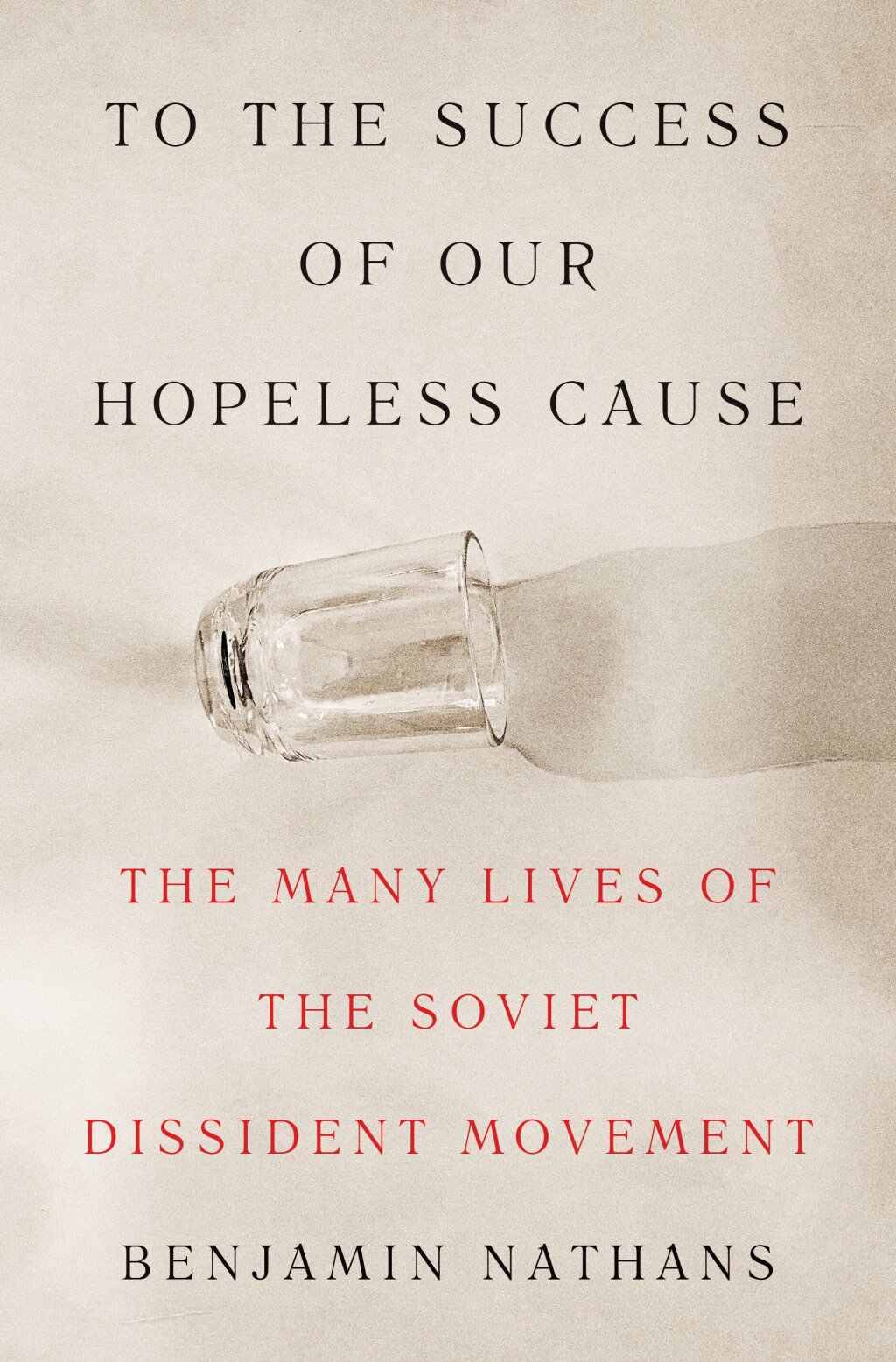This event will be hosted in hybrid format. RSVP to attend in person. Register for the Zoom meeting.
Join us for this discussion of Professor Benjamin Nathans’ new book, To the Success of Our Hopeless Cause: The Many Lives of the Soviet Dissident Movement, with discussant Dr. Jennifer Wilson.
Half a century ago, the Soviet Union found itself unexpectedly challenged by a group of Soviet citizens who achieved global fame in the longest battle of the Cold War – the battle of ideas. The struggle of Soviet dissidents for the rule of law and human rights made them instant heroes in the West as they pursued the goal of containment of Soviet power from within. Rather than see dissidents as surrogate soldiers of democracy and liberalism behind the iron curtain, To the Success of Our Hopeless Cause takes as its point of departure the idea that dissidents were Soviet people. How do orthodoxies generate their own heresies? Join Benjamin Nathans in conversation with The New Yorker’s Jennifer Wilson.
Benjamin Nathans is the Alan Charles Kors Professor of History at the University of Pennsylvania. His most recent book is To the Success of Our Hopeless Cause: The Many Lives of the Soviet Dissident Movement. Nathans is a regular contributor to the New York Review of Books, the Times Literary Supplement, and other periodicals.
Jennifer Wilson is a staff writer at The New Yorker. She previously wrote for The New York Times Book Review. In 2023, she received the Nona Balakian Citation for Excellence in Book Reviewing from the National Book Critics Circle.





